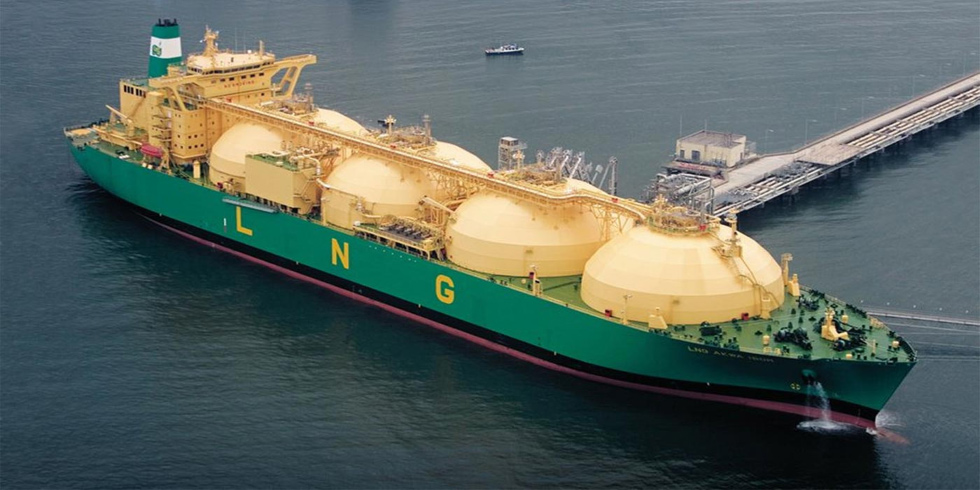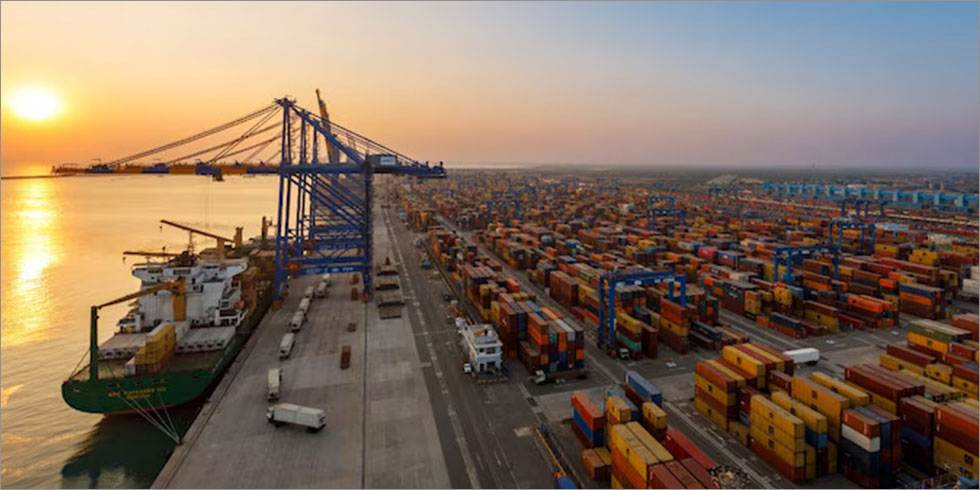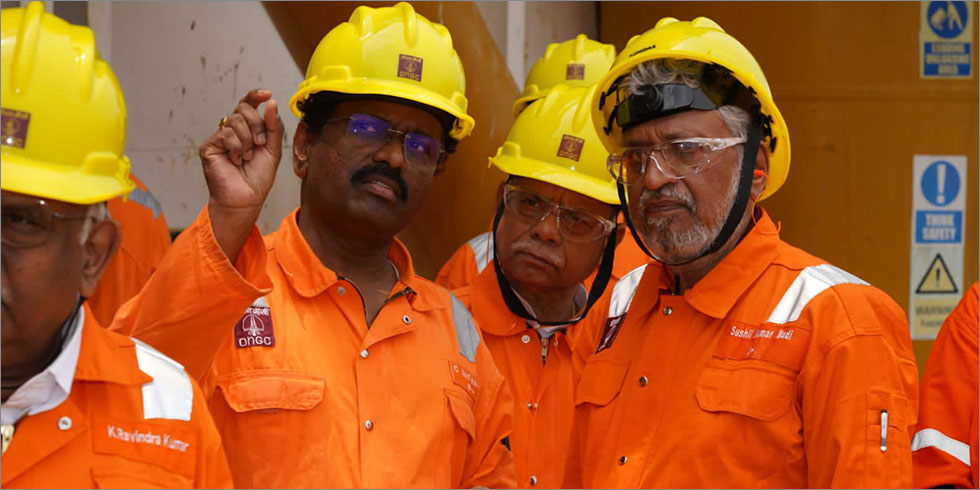India is planning to build a LNG terminal in Iraq as it looks to diversify supplies and strengthen its energy security, a government official said. The terminal will liquefy some portion of the gas currently flared by Iraq and transport it to India, where it will be converted back to LNG for use in city gas distribution as well as power, fertilizer, and steel sectors.
A team from state-run Indian Oil Corp. Ltd (IOCL) and Engineers India Ltd (EIL) will shortly visit Iraq, which has emerged as India’s 2nd biggest source of crude oil imports, the official said on condition of anonymity.
“We recently held a joint commission meeting and reviewed all areas. Iraq has become India’s No.2 oil supplier. We are looking at a deeper partnership. We want to import LNG from Iraq, for which the requisite infrastructure is required, and India is willing to set up an LNG terminal for them for liquefaction. A team from IOCL and EIL will shortly visit Iraq," the official said on condition of anonymity.
India plans to import some portion of the gas currently flared by Iraq, the official added. When natural gas is brought to the surface but cannot be processed soon enough, it is burned away, commonly called flaring. Flaring is done primarily when gas turns up as a by-product of crude oil extraction. India aims to source some portion of around 50 million metric standard cubic metres per day (mmscmd) of gas currently flared by Iraq. In FY23, Iraq was the 2nd largest exporter of crude oil to India, with total supplies of 50.31 million tonnes for $33.37 billion.
After a gap of almost 10 years, the 18th India-Iraq joint commission meeting (JCM) was held in New Delhi on 20 June. India had also reached out to Iraq at a government-to-government (G2G) level as part of an outreach including the US, UAE, and Saudi Arabia for additional LNG cargoes at affordable prices.
Gazprom Marketing and Trading Singapore (GMTS), earlier a subsidiary of Russian gas giant Gazprom, had agreed to supply GAIL (India) Ltd 2.5 million tonnes of LNG every year for 20 years starting 2018-19.
The New Delhi JCM was held during the visit of Hayan Abdul Ghani Abdul Zahra Al Sawad, Iraq’s deputy prime minister for energy affairs and oil minister. A petroleum ministry statement had said that during the meeting, Union minister for petroleum and natural gas Hardeep Singh Puri highlighted the natural and traditional synergies between the 2 countries on account of India’s position as the growing energy demand centre of the world.
He called for strengthening relations between the 2 sides, including the oil and gas sector, capacity building and diversification of trade baskets between the 2 countries.
He also underlined the readiness of Indian companies to explore investment opportunities in Iraq, the upgradation of infrastructure facilities of the oil and gas sector and their amenability for sourcing increased quantities of crude oil from Iraq based on appropriate pricing regime. The Iraqi minister, on his part, expressed his government’s desire to welcome Indian companies to invest in Iraq, including in rehabilitation projects.
Queries emailed to the spokespersons of India’s petroleum and natural gas ministry, Iraq’s embassy in New Delhi, IOCL, and EIL on 11th July remained unanswered.
“Indian firms are largely looking at long-term contracts now as the requirement for gas is likely to rise with a major growth anticipated in fertilizer plants and city gas distribution networks. Further, imports from a location like the Middle East are preferred compared to Australia, Russia and the US as the distance from the Middle Eastern countries is less compared to the other suppliers. The freight cost is multiple times higher if LNG is brought from Australia, Russia and the US," said Prashant Vashisht, vice-president of Corporate Ratings, ICRA,
India’s natural gas consumption has been on rising, with the Centre’s focus on developing a gas-based economy, with the country consuming 163.06 million metric standard cubic metres per day (mmscmd) in FY 2021-22. Gas comprises about 6.2% of India’s primary energy mix, far behind the global average of 24%. The government plans to increase this share to 15% by 2030. India is dependent on imports for as much as 85% of its oil needs and 55% of its natural gas demand.
With India being the world’s 4th largest LNG importer, Indian firms have inked long-term LNG contracts totalling 22 million metric tonnes per annum. India’s gas demand is expected to be driven by the fertilizer, power, city gas distribution, and steel sectors. In FY23, India imported natural gas worth USD 17.113 billion, 27% higher than the imports in FY22.








Add Comment